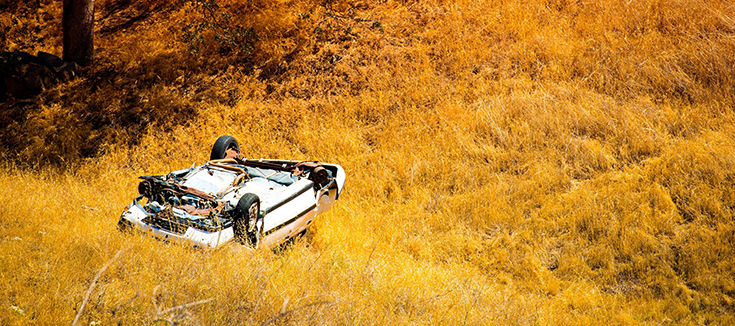Vehicle rescue training for operatives
Your vehicle has left the road, you are in a remote location, and the driver is trapped by vehicle damage and is badly injured. You need help. You can’t get a phone signal and you can’t just sit there and let the situation deteriorate.

(Image: Welcomia/123rf)
This is just one example of many real-world situations that could easily happen, and you may not have the option to call for additional resources to help, owing to location or even no local response arrangements. It’s now starting to go dark and the driver is beginning to lose consciousness – you need to act; you always knew situations like this could happen, but never thought it would happen to you.
How prepared are you should this happen to you or your colleagues?
Had hydraulic rescue tools – which are light, portable and incredibly effective – been at the scene, rescue could begin straightaway. Alternatively, had another vehicle or team also been at the location, a rapid reactive response would permit the release and treatment of injured people. If tools were accessible in the accident vehicle itself, these could potentially be used.
Once the casualty has been released, their injuries need to be assessed, managed, and a medical plan should be developed to treat and evacuate the casualty. Planning is the key when working in remote and underdeveloped areas. Never assume that a situation and scenario can be managed when it happens – this could cost lives.
You can plan for the possibility of vehicle accidents with intelligence, topography and local risk profile information. But unexpected occurrences can, and will, occur – usually in the form of other road users’ behaviour. Maybe the way forward is to expect the unexpected; this may go some way towards adopting the correct mindset.
While I am sure that all reputable organisations have considered medical training for their operatives who work in the field, how many have considered the need for vehicle rescue training? Very few, if any, I would suspect.
There are many examples where this technical/medical capability has not existed, and lives have been lost. We can’t undo what has been done, but you can adapt, prepare and be ready to react and respond better next time.
The scenario above is the approach we incorporate into our training programmes to give people a testing, time critical and emotional scenario to prepare them for operations.
More details